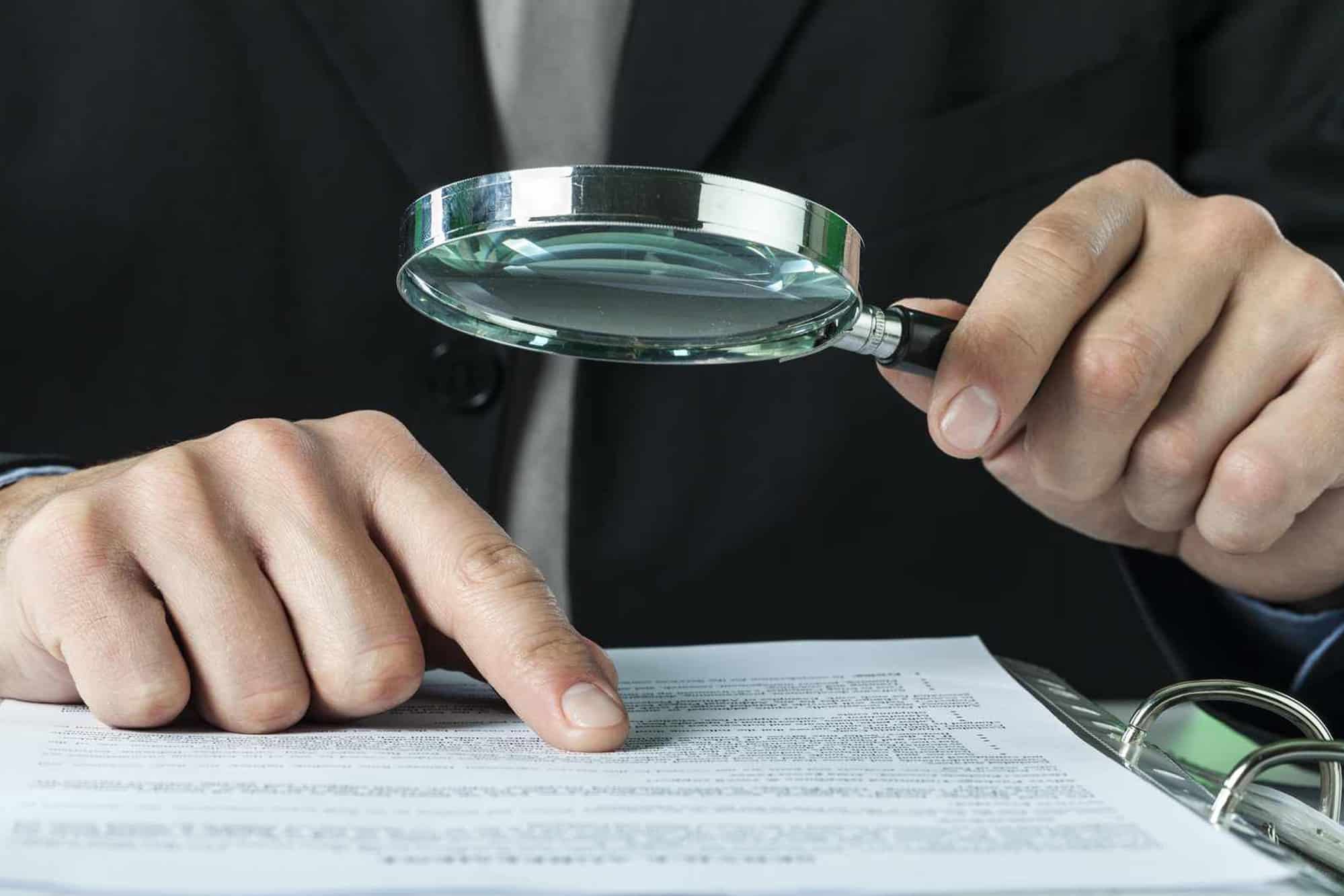For UK businesses in the UAE, the word “audit” often means the yearly review needed to renew a trade licence. However, the world of assurance extends far beyond this routine inspection.
Understanding the difference between a Financial Audit and a Forensic Audit is important. A Financial Audit checks if a company follows rules. A Forensic Audit uncovers evidence of financial crime that lawyers can use in court.
This guide from Flyingcolour Tax and Consultant breaks down two important fields. It explains the roles of Forensic Accounting and Regular Audit. It also explains why you need both services for the safety and success of your business in Dubai.
Defining the Financial Audit: The Foundation of Compliance
A Financial Audit, also known as a Regular Audit, is a yearly process. Licensing authorities, such as the DED and Free Zones, require it. We also need it for tax compliance with Corporate Tax. Its primary objective is general assurance.
The Objective of a Regular Audit
The main goal of a Financial Audit is to give an opinion on the company’s financial statements. This includes the Balance Sheet and Income Statement. The audit checks if these statements are fair and follow the required accounting rules. In the UAE, these rules are the International Financial Reporting Standards (IFRS).
- Goal: General assurance and compliance. The auditor is sampling transactions to conclude on the overall health and reliability of the financial records.
- Trigger: Mandatory statutory requirement for annual trade license renewal and Corporate Tax filing.
- Outcome: An unqualified audit report (clean opinion) or a qualified audit report (opinion with exceptions).

Key Characteristics of a Standard Audit Service in Dubai
A standard audit service in Dubai is characterized by:
- Frequency: Performed annually, covering an entire fiscal year.
- Scope: Broad, covering the entire spectrum of financial transactions and internal controls.
- Methodology: Sampling and risk-based assessment, rather than checking every single transaction.
Defining the Forensic Audit: The Search for Evidence
A Forensic Audit is entirely different from a Financial Audit. Suspicion or confirmation of a specific financial crime triggers a specialized investigation.
What is a Forensic Audit?
A forensic audit looks at a company's financial records. The goal is to find proof of illegal acts. These acts can include fraud, embezzlement, money laundering, or stealing assets. The team prepares the report in a format that lawyers can use as evidence in court or legal arbitration.
- Goal: Detection, investigation, and quantification of financial crime.
- Trigger: Specific suspicion of fraud, a legal dispute, or a regulator-mandated Forensic Investigation.
- Outcome: A forensic investigation report shows the extent of the loss. It identifies the people responsible and explains the methods used. You can use this report in a legal setting.
The Role of Forensic Accounting
The Forensic Audit requires specialized skills in Forensic Accounting. These professionals possess expertise not only in accounting and auditing but also in law and investigation techniques. They act as expert witnesses, translating complex financial data into clear evidence for judges, lawyers, and law enforcement.
Difference Between Financial Audit vs. Forensic Audit
The distinction between the two types of audits is crucial for management when facing compliance checks versus legal issues.
Comparative Table: Financial Audit vs. Forensic Audit
|
Aspect |
Financial Audit (Regular Audit) |
Forensic Audit |
|
Primary Objective |
Express opinion on fairness of financial statements. |
Uncover evidence of fraud or crime for legal action. |
|
Scope |
Broad (sample transactions across the entire year). |
Focused (deep dive into specific accounts, transactions, or timelines). |
|
Trigger |
Mandatory (Annual Trade License/CT Filing). |
Specific suspicion of fraud, litigation, or regulatory mandate. |
|
Methodology |
Standard auditing procedures, testing controls. |
Forensic Investigation techniques, interview experts, chain-of-custody for evidence. |
|
Outcome |
Audit Opinion (Qualified/Unqualified). |
Forensic Accounting Report (Legal evidence of loss and methodology of fraud). |
Forensic Investigation and Detection of Financial Crime
When suspicion arises, a Forensic Investigation becomes necessary. This often begins with management noticing anomalies flagged during a Financial Audit or whistleblowing reports.
Stages of a Forensic Investigation
- Planning and Scoping: Defining the fraud hypothesis, timeline, and budget.
- Evidence Gathering: Collecting physical documents, digital records, emails, and interviewing key personnel. Crucially, maintaining the chain of custody is essential for legal allowability.
- Data Analyzing: Using specialized Forensic Accounting software and techniques to trace illicit fund flows and quantify the financial loss.
- Reporting: Preparing the detailed Forensic Audit report outlining findings, conclusions, and evidence for use by legal teams in Dubai.
Qualified Audit Meaning vs. Fraud Detection
A common misconception is that a Financial Audit is designed to find fraud. This is incorrect.
- Financial Audit: The Regular Audit primarily focuses on material misstatements that arise from errors or unintentional non-compliance. Serious fraud is often significant, but auditors have limited tools and time. This makes it hard to search deeply for detection.
- Forensic Audit: Forensic Investigation specifically detects issues. A qualified audit means there is an exception or limitation. This may suggest the need for a Forensic Audit. However, the financial auditor does not do the investigative work.

Securing Your Defence: The Flyingcolour Tax and Consultant Advantage
Flyingcolour Tax and Consultant provides comprehensive financial assurance and investigative services necessary to secure your Dubai business against both compliance failure and financial crime.
Integrated Compliance and Investigation
- Routine Assurance: We keep your Financial Audit clean and unqualified. We provide year-round Audit support and careful IFRS-compliant bookkeeping.
- Crisis Management: When a problem comes up, our Forensic Accounting experts quickly start a focused investigation. They work to protect assets, measure losses, and prepare evidence for court.
- Proactive Risk Mitigation: We include internal control reviews in the Regular Audit. This helps us find weaknesses early. By doing this, we lower the chances of needing a disclaimer audit report or a full investigation.
Flyingcolour Tax and Consultant is your partner. We make sure your financial integrity is secure. Whether you need routine help or special investigations, we are here for you.
Conclusion
The stability of your Dubai business depends on utilizing the right tool for the right job. Routine compliance depends on the Financial Audit (or Regular Audit). This audit makes sure your financials are reliable and can receive an unqualified audit report.
Crisis demands the precision and legal focus of the Forensic Audit. Working with Flyingcolour Tax and Consultant can help you avoid legal and financial risks in the UAE.
FAQs:
Q1. What is the main difference between a Forensic Audit and a Regular Audit regarding objective?
A. The Regular Audit (or Financial Audit) aims to express an opinion on whether financial statements present fairly. A forensic audit looks for proof of a specific fraud or financial crime. You can use this evidence in court.
Q2. Is Forensic Accounting only used when a company is going to court?
A. No. Forensic Accounting gives evidence for legal cases. Companies also use it to measure losses from employee fraud. It helps calculate damages in business disputes. Additionally, it performs careful checks on potential acquisitions to find hidden liabilities.
Q3. Why is a Qualified Audit Report a "warning sign" that might lead to a Forensic Investigation?
A. A qualified audit report indicates a material weakness or scope limitation that the auditor could not resolve. This issue or control weakness is not always fraud. However, it can allow internal fraud or theft to happen. This is why we need a focused Forensic Audit.
Q4. Does the auditor who performs my Regular Audit also handle the Forensic Audit?
A. Usually, no. The Financial Audit firm might suggest a Forensic Audit.
However, a different team usually does the investigative work. This team is either within the firm or from another firm. This separation keeps the process fair. A Forensic Investigation needs special skills and legal training.
Q5. What is the risk of a disclaimer audit report for my license renewal in Dubai?
A. A disclaimer audit report is catastrophic. It means the auditor could not verify the financials at all. The licensing authority sees this as a major failure in governance and record-keeping. This may delay or stop your trade license renewal.
To learn more about Difference Between Financial Audit vs. Forensic Audit, book a free consultation with one of the Flyingcolour team advisors.
Disclaimer: The information provided in this blog is based on our understanding of current tax laws and regulations. It is intended for general informational purposes only and does not constitute professional tax advice, consultation, or representation. The author and publisher are not responsible for any errors or omissions, or for any actions taken based on the information contained in this blog.


